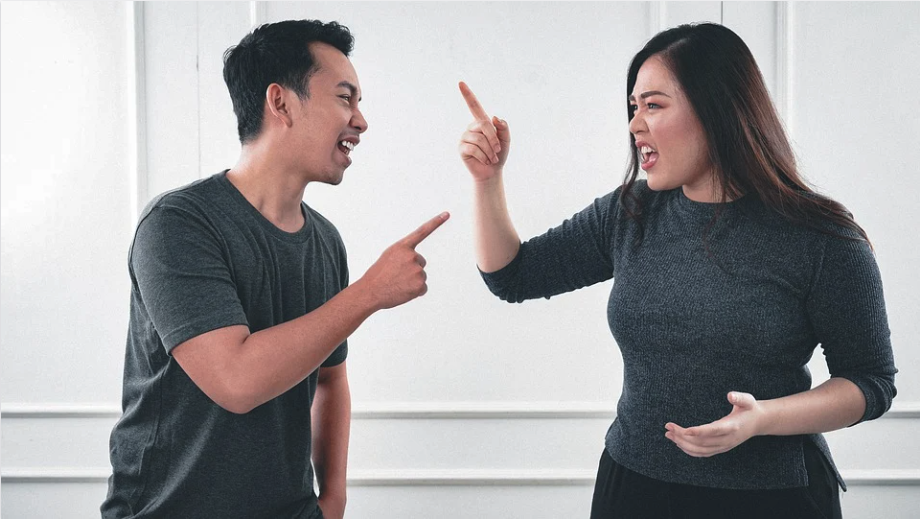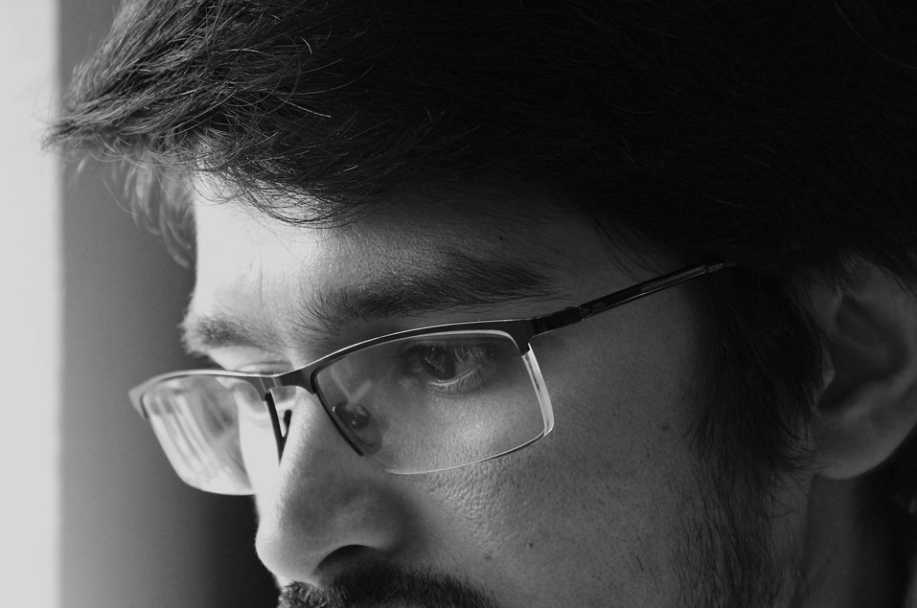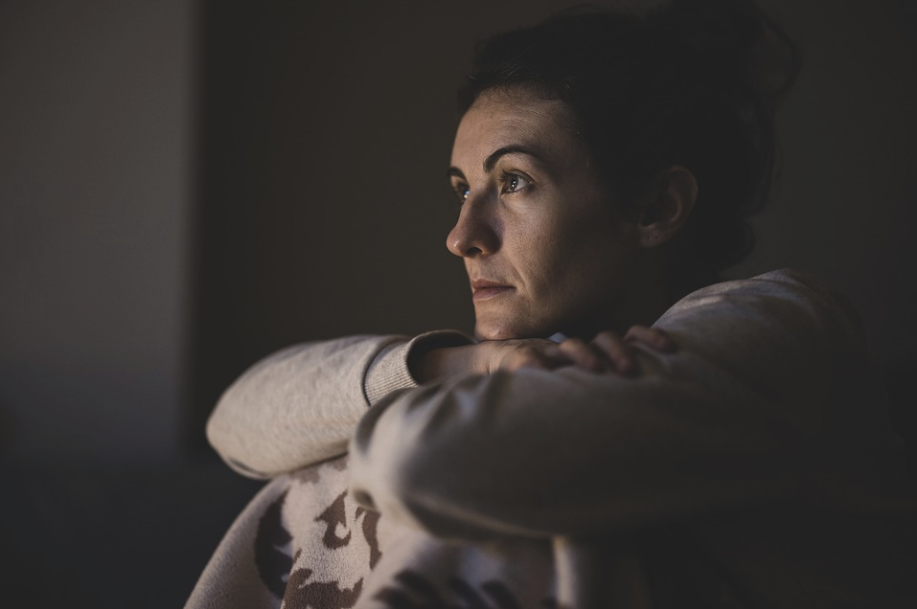
Christmas is nearly here. For a few of us, this might be a purely joyous occasion. But for most of us, this is a time with at least some difficulty.
Family dynamics can be complicated. Even painful. Consumerism threatens even the simple joy of offering gifts. Chaotic weather brings foreboding about the realities of climate change.
How can we best navigate all of this? Some meditation and some shifts of mindset, perhaps?
We know that just breathing deeply can bring calm. It tells our body that we are safe. We can utilize a few deep breaths help neutralize emotional threats in the short-term.
Family chaos: take a deep breath.
Empty shelves or delayed packages: take a deep breath.
Unprecedented weather patterns ahead: take a deep breath.
In the long-term, we can hope to fix some of these. But in the short-term, we need to keep our sanity. With that sanity intact, we can think out some tangible solutions for the rest of our day, month, year, and so on.
With that in mind, here are three meditations that might help you stay grounded this month.
First, Forgiveness

If we love and get along great with all of our relatives, we are lucky. And we are rare. Most of us have some level of tension or difficulties with family.
A powerful practice to work on as the holidays approach is forgiveness. This doesn’t mean that we let our guard down or that we pretend everything is okay. Quite the opposite.
Forgiveness requires us to sit with the pain that someone has caused us. Just like the loving-kindness meditation, we should choose carefully how we do this. Too much pain or too raw a wound will be hard to forgive.
But pains caused by habit patterns can, slowly and with practice, be understood and forgiven. For instance, perhaps your mother is a holiday-perfectionist. Everything has to be absolutely in order. And she will be miserable and make everyone else miserable until it is. Perhaps this comes from wounds in her own childhood. Perhaps she went without and this left scars and she just wants to ensure that you and your family don’t go without.
Or perhaps your father becomes distant at the holidays. Maybe he is overwhelmed and escapes to watching football or long drives to maintain his own sanity.
Think about the personalities and conflicts likely to arise this holiday season. Are there causes behind them that help us empathize more with our loved ones? Understanding these, we can prepare for our own emotional reactions. We can be a little bit calmer, happier, and more festive even when others are struggling. This can even have the effect of lifting them out of whatever difficulties they are having.
Second, Enough
Our society is driven by consumption. Often, on the radio, human beings are even described simply as “consumers.” If we’re not consuming enough, this is a problem for the economy. But if we are consuming too much, we know this leads to shortages and price hikes (hello housing market).
How can we instead return to being humans, to being citizens, to being family members? A simple but profound practice is simply saying, “I am enough. I have enough.” For the immediate term, this is almost always true.
Think of all the stuff around you. How much is truly needed? And how much has just been collected over time, or even hoarded?
Can we take a deep breath and simply feel our body? This, right here, is enough. Perhaps our mind quickly goes to the long list of things we need. These are very real needs, no need to deny them. But for right now, just return to being a breathing human being.
From there we can contemplate the society we live in: how did it becomes so driven by consumption? Why are there such disparities between the wealthiest and the poorest? Are there steps, even baby steps, we could take toward alleviating this?
And lastly, look at our families and friends. Can we bring them to mind more than the things we might want or need? Can we connect with them more meaningfully?
Some families these days do no-gift holidays, or just one small gift. This can take immense pressure off of the month.
As a child I remember stressing about what gifts I would get, often feeling left out if my siblings seemed to get better things. Now, as an adult, I can feel my stress levels rise when I try to get the right gift for family. If I’m not careful, I’ll spend more time stressing about and buying things than I actually spend with my family.
Third, Calm

One cannot turn on the weather channel news these days without hearing the word “unprecedented” over and over. In Montana, we had a small town in the planes practically burn down earlier this month as drought parched the earth and high winds knocked down power lines. In Minnesota this week, many towns faced tornado watches, something that has never happened on record in December in the state.
Before this year I’d never even heard of an “atmospheric river.” Then three of them slammed into Washington state and British Columbia, washing out highways and flooding towns. And it was just a couple years ago that the term “bomb cyclone” came into my vocabulary.
And of course, Kentucky saw widespread devastation this month. One headline reads, “’Don’t recognize this place’: Storms cut unprecedented line of destruction across Kentucky.”
All of this can rightly cause concern. As with our family and consumeristic woes, a powerful first step is to develop calm.
Climate change is perhaps dramatically altering the reality we live in day to day. Calm voices are needed to continue to make that known where it is not, and to determine how best to move forward. And while sometimes I want to panic and buy a plot of land far from civilization to build a bunker in, I know such plans are unrealistic.
Instead, I try to cultivate some calm. I take stock of what I have, here and now. And really, it’s enough. There will always be work to be done. There will always be a looming catastrophe. With calm and open hearts, let us heal old wounds and build a better future.
 Justin Whitaker, Ph.D., holds a doctorate in Buddhist ethics from the University of London. He has given lectures, and taught Buddhist studies and Philosophy at Oxford University, the University of Hong Kong, the University of Montana, and at Antioch University’s intensive study-abroad program in India. A certified meditation teacher, he is a regular contributor to Patheos.com, and Senior Correspondent for Buddhistdoor Global. He lives in Missoula with his family.
Justin Whitaker, Ph.D., holds a doctorate in Buddhist ethics from the University of London. He has given lectures, and taught Buddhist studies and Philosophy at Oxford University, the University of Hong Kong, the University of Montana, and at Antioch University’s intensive study-abroad program in India. A certified meditation teacher, he is a regular contributor to Patheos.com, and Senior Correspondent for Buddhistdoor Global. He lives in Missoula with his family.
